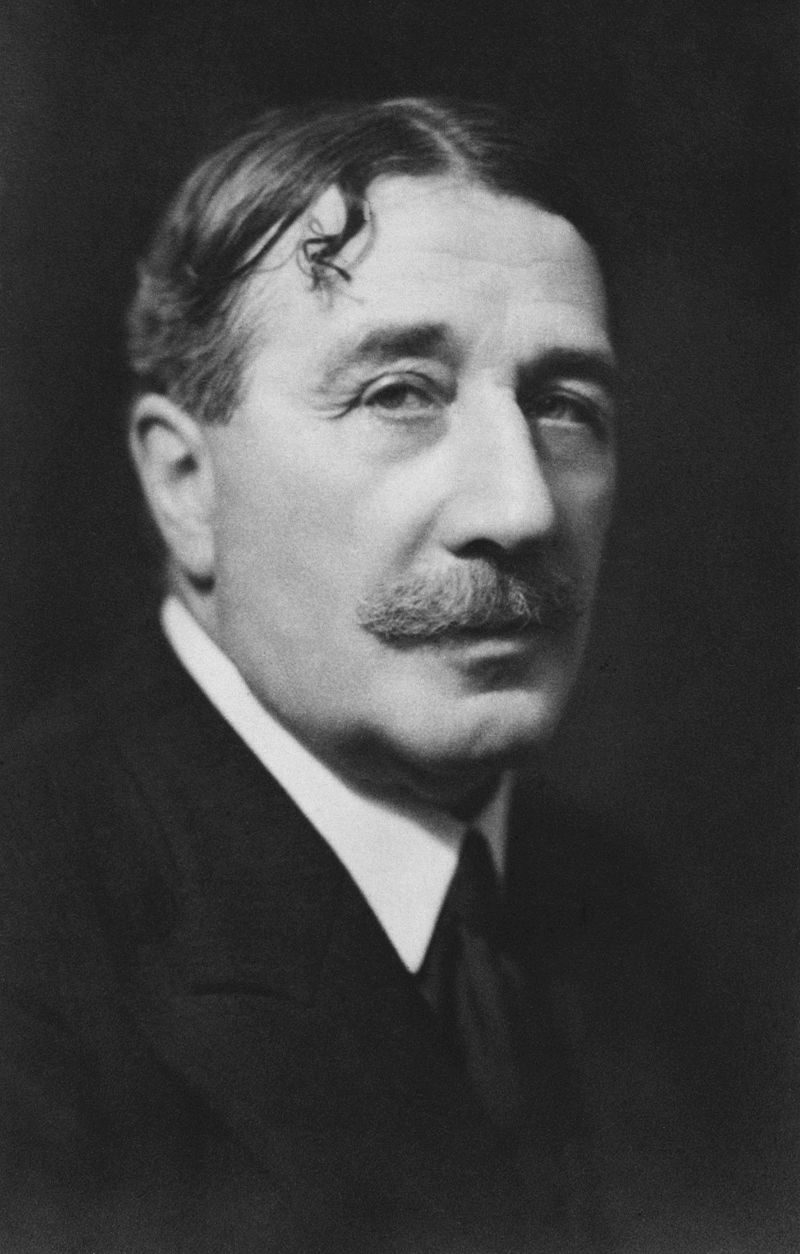 Last week I posted a grad school paper I wrote in 1978 about the problem (scandal?) of diversity in philosophy. Bill Vallicella commented on it in his site’s combox. I mostly agree with his criticisms of how I formulated things then, but in the end he mentioned a persistent issue between us, namely, my worldview approach to philosophy in general (“presuppositionalism”) and Christian apologetics in particular.
Last week I posted a grad school paper I wrote in 1978 about the problem (scandal?) of diversity in philosophy. Bill Vallicella commented on it in his site’s combox. I mostly agree with his criticisms of how I formulated things then, but in the end he mentioned a persistent issue between us, namely, my worldview approach to philosophy in general (“presuppositionalism”) and Christian apologetics in particular.
As Bill’s passing (hand-waving?) comment was not a paper for academic peer review, I won’t hold it to those standards. I caught in it, however, a dismissive attitude, shared by many, that casts aspersions on what I’m up to. It occasioned and merits a response. I give one with no insinuation of “So there!” but rather in Bill’s irenic spirit.
He wrote:
. . . I think you and I have much common ground. The difference is that you have opted for a presuppositionalism that to me makes no sense and is a privileging of an arbitrarily adopted position. I have shown to my satisfaction that TAG [the Transcendental Argument for the existence of God] is a non-starter. You of course disagree. This is yet another philosophical disagreement. You may think you are beyond philosophy and that philosophy is, as you term it ‘misosophy,’ but you are still stuck at the philosophical level.[1]
Greg L. Bahnsen would often charge his debate opponent with being arbitrary. Don’t be!, he’d advise, before showing how his opponent offended in that respect.
The Christian worldview’s grounding of intelligible predication extends to one norm informing the giving of reasons, that is, of not being arbitrary. If you’re not thinking in harmony with that worldview—if the Word of God is not behind your admonishments—why not be arbitrary? Continue reading “Why not be arbitrary? A worldview-based answer.”

 This continues the series in which I discuss Maverick Philosopher
This continues the series in which I discuss Maverick Philosopher 

 I welcome it, and recently got
I welcome it, and recently got  with Metaphysics,” Section 1 of Chapter 3, “Neutrality & Autonomy Relinquished,”
with Metaphysics,” Section 1 of Chapter 3, “Neutrality & Autonomy Relinquished,” 

 In a Schlitz ad from yesteryear Bill finds this mood summed up:
In a Schlitz ad from yesteryear Bill finds this mood summed up:
 Does David Ramsay Steele’s
Does David Ramsay Steele’s 



